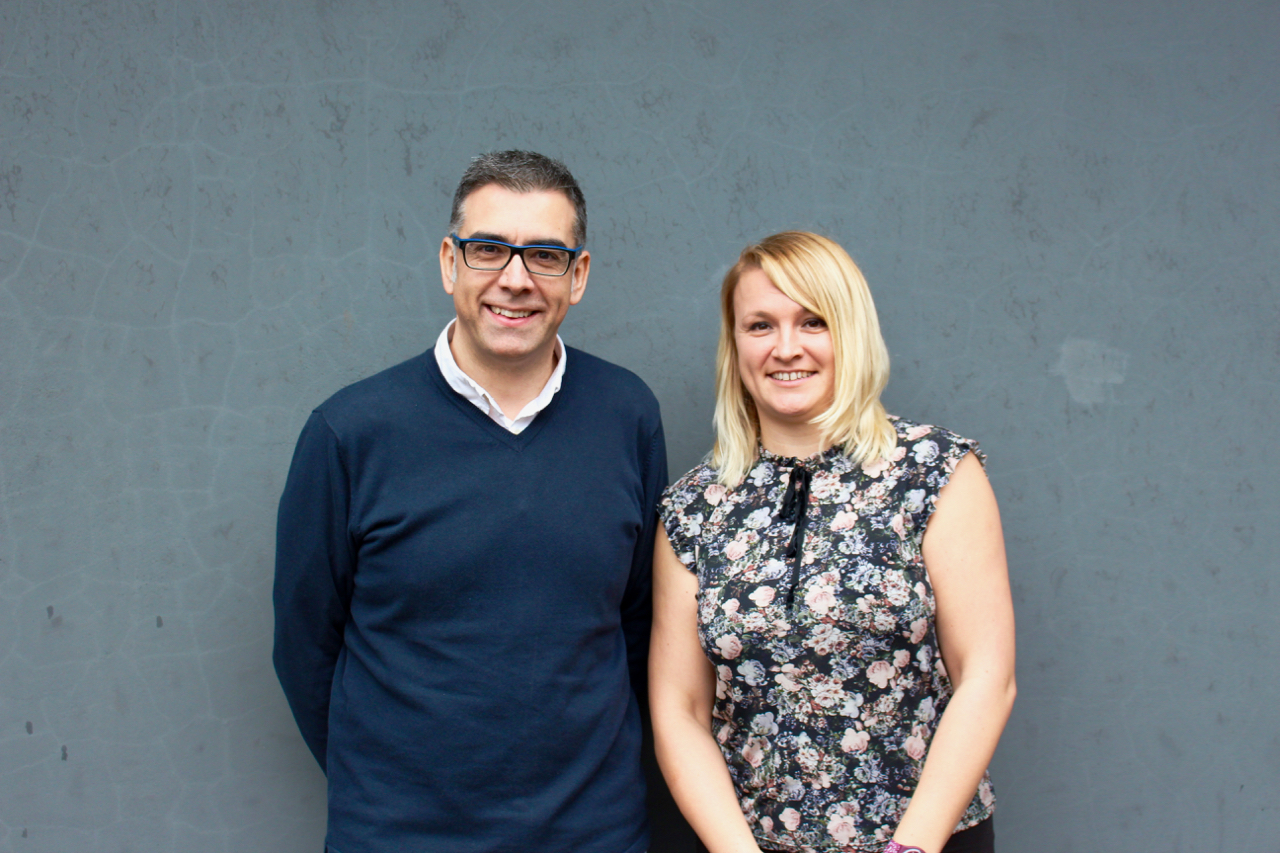Magdalena studied at the Jagiellonian University in Krakow where she obtained Master degree in Medical Biotechnology, before receiving PhD in Cancer Research UK Fellowship and joining the group of Prof. Karim Labib in Cancer Research UK Manchester Institute in UK. During her PhD she studied how the replisome contributes to processing of histones at DNA replication forks, and showed that the Mcm2 helicase subunit has a conserved histone-binding motif that is important to preserve repressive chromatin near telomeres (Foltman et al, Cell Rep., 2013). After short postdoctoral stay in Manchester she moved to Santander joining the group of Dr Alberto Sanchez-Diaz where she studied the mechanisms and proteins involved in the regulation of cytokinesis (Foltman et al, PLoS Genetics, 2016). In 2015 she received the Juan de la Cierva fellowship to study the role of proteins involved in the actomyosin ring formation during cytokinesis (Foltman et al, PLoS Genetics, 2018). In 2017 she became an assistant professor at the University of Cantabria in Santander, where she is teaching and continuing her studies on the regulation of the process of cell division.
Mechanisms and Regulation of Cell Division

Research lines
Studying the molecular mechanisms and regulation of eukaryotic cell division.
Funding
- Estudio de la función molecular del complejo Tor 1 en la división celular eucariota. Agencia Estatal de Investigación, PID2019-106745GB-I00.
- Estudio del mecanismo molecular y la regulación de la citoquinesis en células eucariotas. Universidad de Cantabria. 2018-2019
- Estudio y aprovechamiento de los mecanismos y regulación de la división celular en Saccharomyces cerevisiae. Ministerio de Economía y Competitividad. BFU2014-58081-P. 2015-2018
- Mecanismo y Regulación de la Citoquinesis en la Levadura Saccharomyces cerevisiae. Cantabria Campus Internacional. 2011-2013
- Mecanismo y Regulación de la Citoquinesis en la Levadura Saccharomyces cerevisiae. Ministerio de Economía y Competitividad BFU2011-23193. 2012-2014
